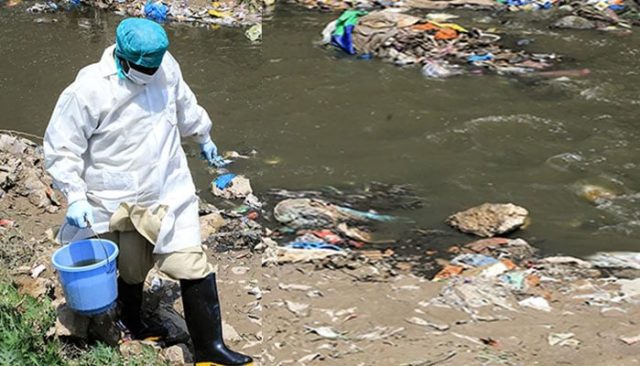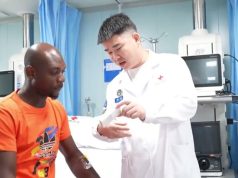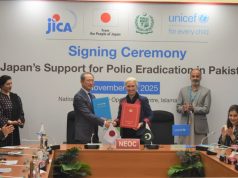ISLAMABAD, Monday, May 05, 2025 (WNP): The National Institute of Health (NIH), in a significant development in Pakistan’s battle against polio, has confirmed the presence of wild poliovirus type 1 (WPV1) in environmental samples collected from 18 districts across the country.
According to a statement issued on Monday, a total of 38 sewage samples were collected between April 7 and April 17 from 31 districts and tested at the Regional Reference Laboratory for Polio Eradication.
WPV1 was detected in samples from key urban and rural areas including Loralai, Quetta, Zhob, Islamabad, Abbottabad, Bannu, Dera Ismail Khan, Peshawar, Tank, North Waziristan, Lahore, Rawalpindi, Badin, Jamshoro, Hyderabad, Kashmore, Karachi, and Sukkur.
Samples from 10 districts — including Noshki, Sibi, Charsadda, Lower Dir, Mansehra, Swat, Faisalabad, Gujranwala, and Rajanpur — tested negative, indicating varying levels of viral circulation.
Health officials say the findings reinforce the urgency of maintaining high-quality immunization efforts to prevent the resurgence of polio in vulnerable communities.
The Polio Eradication Programme recently concluded its second nationwide campaign of the year from April 21 to 27, successfully reaching 45.4 million children under the age of five. The drive was supported by thousands of frontline health workers, local administrations, and cooperative parents.
Despite a decline in reported polio cases since September 2024, authorities caution against complacency. The next nationwide immunization campaign is scheduled for May 26 to June 1, with an identical target of 45.4 million children.
“Repeated vaccination is critical to protect children from lifelong paralysis,” a spokesperson for the Polio Programme stated. “Every child must be vaccinated during every campaign. Leaving even one child unvaccinated endangers entire communities.”
The programme continues to urge families and communities to play their role, emphasizing that eradicating polio is a collective national responsibility.




